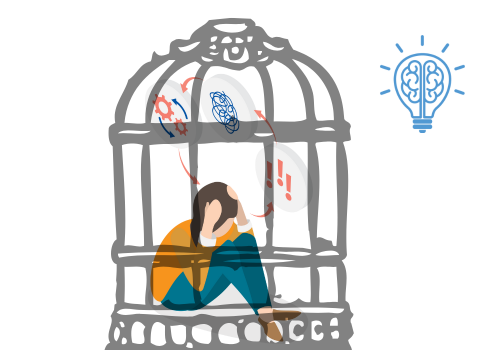What is Collaborative Learning?
- Collaborative Learning is an educational approach where individuals work together to achieve a common goal or complete a task.
- This method encourages participants to share knowledge, skills, and ideas, fostering a deeper understanding of the subject matter.
- It is widely used in both academic settings, such as group projects or study groups, and professional environments, like team-based projects or workshops.
What are the benefits of Collaborative Learning?
- Enhanced Understanding: When students or professionals explain concepts to one another, it reinforces their own understanding and clarifies doubts.
- Development of Social Skills: This promotes teamwork, communication, and conflict-resolution skills, which are essential in both academic and professional life.
- Increased Engagement: Working in groups often leads to higher motivation and engagement, as individuals feel more accountable to their peers.
- Diverse Perspectives: This brings together different viewpoints and ideas, leading to more creative solutions and a broader understanding of topics.
How can coaching enhance Collaborative Learning experiences?
- Coaching can help groups establish clear goals, roles, and responsibilities, ensuring that collaborative and productive efforts.
- For students, coaching can teach effective collaboration techniques, such as active listening, constructive feedback, and time management within a group setting.
- In the workplace, coaching can guide teams in building strong working relationships, managing group dynamics, and leveraging each member’s strengths to achieve common objectives.




